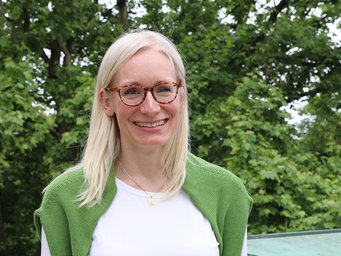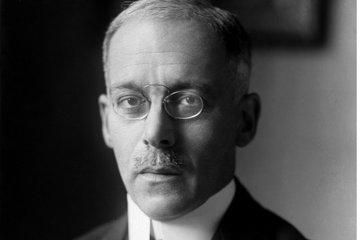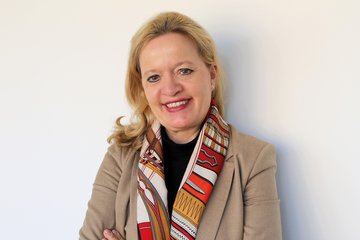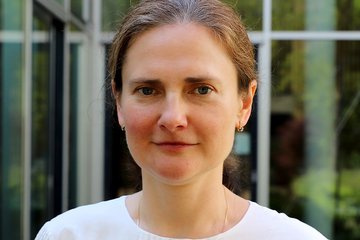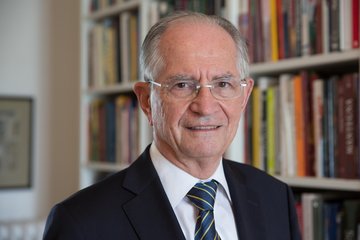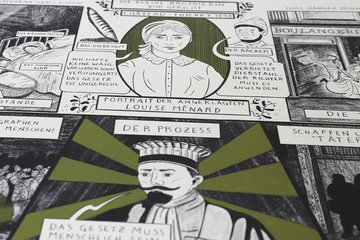Brussels as a career choice
Cathrin Bauer-Bulst tackles digital law topics at the EU
It is nothing unusual for an Institute alum to have a career that is both international and interdisciplinary. The career path of Cathrin Bauer-Bulst, which has combined the law, technology, and the humanities through studies at Harvard and stints in New York and Hamburg before arriving in Brussels, is a bit less common. Hamburg actually features as a crucial career station. It is where she, as she puts it, “discovered her love of private international law”. Today she works in Brussels on security issues in the digital age.
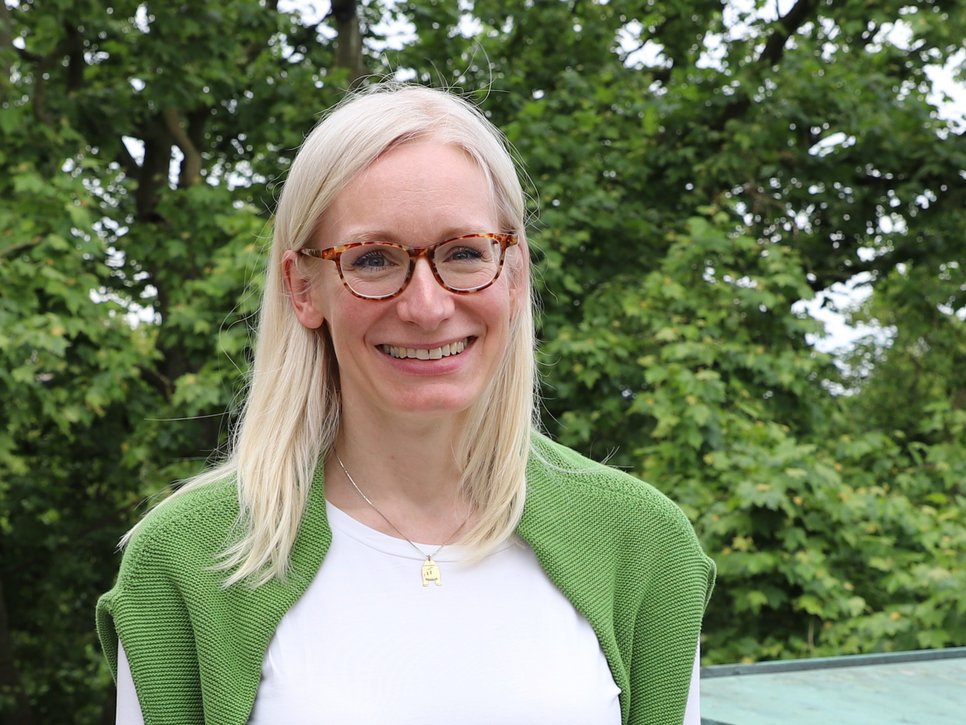
Cathrin Bauer-Bulst went abroad at a young age. She earned an International Baccalauereat in England and went on to a bachelor’s degree in History and Literature from Harvard College. She then took a position with a consultancy in New York specializing in information technology, a stage in her career to which she accredits her “fearlessness toward technology topics”, as she says. Today she is an attorney and Head of the Unit for Security in the Digital Age at the Directorate-General for Migration and Home Affairs of the European Commission.
When she returned to Germany, she studied law at Bucerius Law School (BLS). Looking back, she cites as influential lectures she attended by Institute director Anne Röthel, who at that time was Chair of Civil Law, European Law and Private International Law at BLS. Bauer-Bulst herself came to the Institute in 2005 and worked as a student assistant during law school. From 2008 to 2010 she worked as a research assistant under then-Institute director Jürgen Basedow while she worked through the stations of her Referendariat.
After her Second State Examination, Bauer-Bulst went to Brussels, where she now lives with her family. She became an attorney with an international law firm and later completed a concours to qualify for a position with the European Commission. She joined the Directorate-General for Migration and Home Affairs as a policy officer for cybercrime in 2011. She became Head of Unit in 2019. As for the workplace, her bottom line is that “there are many exciting jobs within the EU administration, from international negotiating to drafting legislation and practical implementation. My primary motivation is that I am able to work with excellent colleagues from every Member State on topics of importance for the lives and futures of so many people”.
One ground-breaking project she and her team has taken the lead on is the E-evidence Regulation and Directive, which will take effect in 2026. The new rules will enable cross-border gathering of electronic evidence within the EU. Member State justice officials will also be able to order direct access to data from providers of online services seated in the United States such as Google, Apple or Meta to the extent their services are available in Europe. “Setting up and negotiating the various points where the rules will become palpable was a welcome opportunity to bring in my experience in private international law. Law enforcement agencies say that around 85% of serious crimes could not be solved without the ability to gather electronic evidence. About half of investigations require international cooperation in order to access this evidence.”
Bauer-Bulst says she currently spends just over a quarter of her time doing the work of an attorney. That includes coordinating with lawyers from 27 EU countries. In light of this experience, she has good things to say about legal education in Germany, which has come under so much discussion lately: “Tackling the truly delicate issues requires a stringent and methodical process, and so it is a great advantage to have learnt to frame the issues within a clear structure and think them through.”
Image: © Max Planck Institute for Comparative and International Private Law / Marlena Staak
